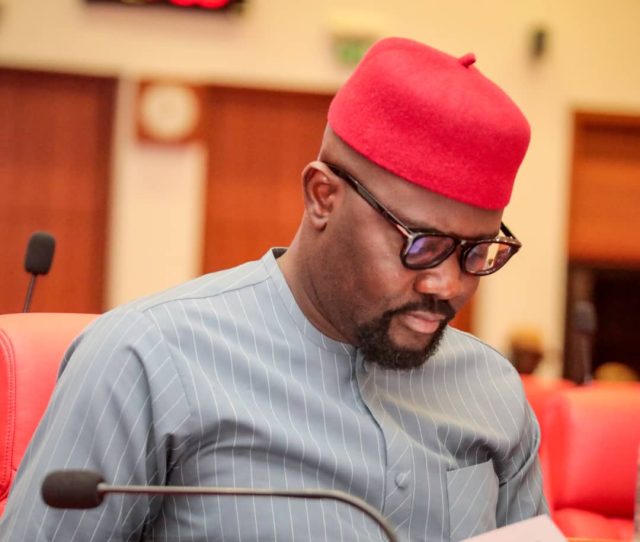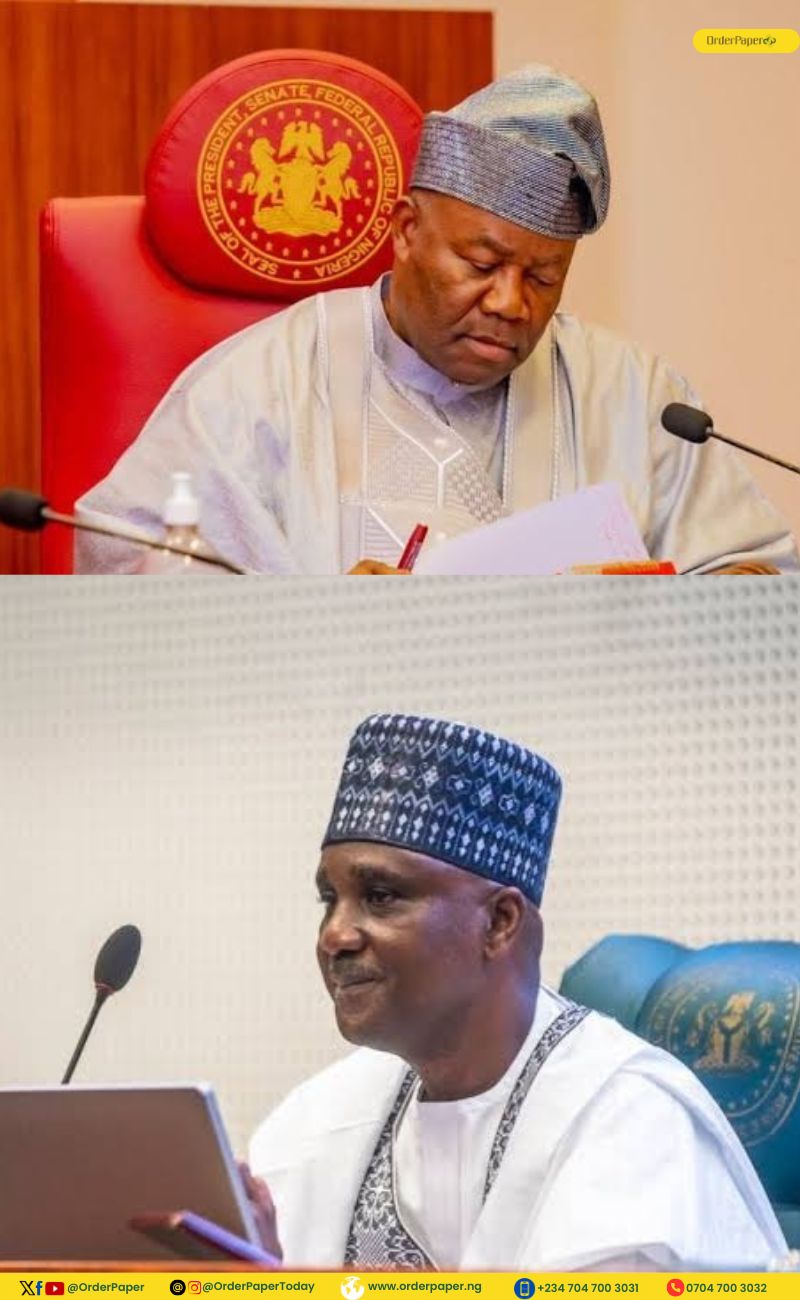The Senate called for a halt to further privatisation of mining assets until its committee on solid minerals concludes the investigation.

The Senate has mandated its Committee on Solid Minerals Development to investigate the immediate and remote causes of dwindling revenue derivable from solid minerals development in the country.
It also called for a review of all the BPE privatisation or commercialisation programmes of all mining and mineral resources-related programmes from 1999 to date and urged relevant security agencies to strengthen enforcement and surveillance of solid mineral resources.
These resolutions followed the adoption of a motion on the “Need to Comprehensively Review the Input and Output Values of the Nigerian Mining Industry in Light of its Central Role to Economic Diversification, Foreign Exchange Earnings and Social Inclusion,” sponsored by Senator Osita Ngwu (PDP, Enugu West).
In his lead debate, Ngwu lamented that after several decades of policy incoherence and weak institutional dis-alignment, the economic potential of the sector to the gross domestic product of the economy has remained dismal.
He noted that quarrying dominates the total output of the mining sector, with almost 90% contribution and an increasing growth rate that is largely driven by products such as granite, gravel, marble, and other construction materials in high demand within the housing sector, adding that the requisite benefits to the government are not significantly evident by way of royalties.
“The Nigeria Extractive Industries Transparency Initiative (NEITI) Solid Mineral Industry Report, 2020 indicates that the five-year trend of solid minerals’ contribution to GDP from 2016 to 2020 has fluctuated, while Nigeria gets less from the sector, about 0.45 percent in 2020, other African countries significantly contribute to their GDP.
READ ALSO: PERSPECTIVE: Artisanal mining as empowerment for youths
“For example, the sector contributes over 40 percent to the GDP of Botswana, and in Congo and South Africa, it is about 25 percent and 18 percent, respectively.
“The Bureau of Public Enterprises (BPE) has been selling and is on the verge of concluding privatisation and commercialisation of all publicly funded facilities relating to the Nigerian mining and mineral sector even when the privatisation programmes have not shown any concise, beneficial impact to the mining industry,” he added.
Further, he worried that despite the abundant mineral endowment of the country and the critical national importance and huge resources expended by the government, the contribution of the mineral sector to job creation, infrastructure development, and the GDP of the economy remains one of the lowest across the African sub-Saharan region.
In his contribution, Senator Victor Umeh (LP, Anambra Central) said those saddled with the responsibility of driving revenue for the country through the mining sector were doing so for their own gain hence, the sector was not contributing maximally to the nation’s GDP.
“It is true that oil revenue has been a major source of revenue earned by Nigeria. I think the problem is that, people who have been tagged with the responsibility of ensuring that the exploitation of these solid minerals contribute to the revenue generation of the country, are mining these minerals for personal revenue appropriations to themselves.”
Umeh noted the need to investigate the sector, as not doing so would result in a continuous loss of huge revenue from the sector.
Senator Ahmad Lawan (APC, Yobe North) proposed that the Senate make solid minerals development a major legislative agenda, as there is a need to advocate for interventions from the federal government to make the sector viable.
On his part, Senator Mohammed Tahir Monguno (APC, Borno North) said, “It is a well-known fact that oil is a wasting asset and the world is moving towards renewables. As such, it behooves the country to exploit the untapped mineral resources that we have, renew this sector to contribute meaningfully to the growth of our GDP, earn more revenue, and deploy same to bridge infrastructural deficits that we have in the country.”
In adopting the motion, the Senate also called on its Committee on Solid Minerals Development to review the activities of the policy administrators, policy executors, and industry players in policy formulation and policy execution at downstream, midstream, and upstream operations of the sector.
It further urged the committee to ascertain the extent and impact of illegal mining activities and the extent of complicity of local and expatriate industry players.
The lawmakers equally called for a review of all the BPE privatisation or commercialisation programmes of all mining and mineral resources-related programmes from 1999 to date even as it called for a stop to further privatisation of mining assets until the Senate concludes the investigation.
The committee is expected to report back in three weeks.


